Fashion design is a creative and rewarding field that allows individuals to turn their ideas into wearable works of art. For those with a passion for style, trends, and design, pursuing an education in fashion design can open doors to a multitude of exciting career opportunities. With a degree from a reputable fashion design college, you can carve your own path in the fashion industry, whether as a designer, entrepreneur, or a myriad of other roles. We will explore the various career opportunities in fashion design, focusing on designer roles, job prospects, and entrepreneurship.
Fashion Designer Roles
A career in fashion design can be as diverse as the designs themselves. Fashion designers often specialize in a particular area, depending on their interests and strengths. Some of the most common roles in the fashion design industry include:
- Apparel Designer: Apparel designers create clothing for men, women, and children, ranging from casual wear to high fashion couture. They develop designs based on seasonal trends, market research, and their own creative vision. Apparel designers may work for fashion houses, retail brands, or as freelancers.
- Accessory Designer: Accessory designers focus on creating items such as shoes, handbags, belts, scarves, and jewelry that complement clothing. They work with various materials and techniques, staying up-to-date on the latest accessory trends and innovations.
- Textile Designer: Textile designers specialize in creating unique fabric designs, patterns, and prints for use in the fashion industry. They work closely with fashion designers to develop textiles that align with their vision and the latest trends. Textile designers may work for fabric manufacturers, fashion houses, or independently.
- Costume Designer: Costume designers create clothing and accessories for film, television, theater, and other performance arts. They collaborate with directors and production teams to ensure that costumes are historically accurate and visually appealing, often working under tight deadlines and budgets.
Fashion Industry Job Prospects
The fashion industry offers a variety of job prospects beyond traditional design roles. Some of these positions are essential to the design process, while others focus on marketing, sales, or management aspects. Graduates from fashion design colleges can consider the following career options:
- Fashion Merchandiser: Fashion merchandisers are responsible for buying and selling products, ensuring that stores are stocked with the latest trends and styles. They analyze sales data, predict consumer demand, and collaborate with designers to develop collections that cater to their target market.
- Fashion Stylist: Fashion stylists curate and coordinate outfits for photo shoots, fashion shows, celebrities, and individual clients. They have an eye for detail and a deep understanding of trends, often working closely with designers, photographers, and hair and makeup artists.
- Fashion Illustrator: Fashion illustrators use their artistic skills to create sketches and visual representations of clothing and accessories. They work with designers to bring their concepts to life, often using computer-aided design (CAD) software to create detailed and accurate images.
- Fashion Public Relations Specialist: Fashion PR specialists are responsible for promoting designers, brands, and products through various media channels. They work with journalists, influencers, and event organizers to generate positive publicity and build brand awareness.
Entrepreneurship in Fashion Design
For those with an entrepreneurial spirit, a fashion design education can provide the foundation needed to launch your own fashion business. Many successful fashion designers have started their own labels, building their brand from the ground up. Some examples of entrepreneurship in fashion design include:
- Independent Fashion Designer: As an independent designer, you will create and market your own clothing and accessories. This requires a mix of creative, business, and marketing skills, as well as the ability to network and build relationships within the industry.
- Fashion Boutique Owner: Opening a boutique allows you to curate and sell a selection of clothing, accessories, and other fashion items from various designers. As a boutique owner, you will need to stay current with trends, manage inventory, and create an inviting shopping experience for customers.
- Fashion Consultant: Fashion consultants offer their expertise to individuals, brands, and companies seeking guidance on style, trends, and design. This may involve providing personal shopping services, advising on wardrobe choices, or assisting with product development and branding.
- Online Fashion Retailer: With the rise of e-commerce, many fashion entrepreneurs have found success selling their products online. This allows for a wider customer reach and lower overhead costs compared to traditional brick-and-mortar stores. Running an online fashion business requires website development, digital marketing, and logistics management.
A career in fashion design offers a wealth of opportunities for those with a passion for style, creativity, and innovation. Whether you dream of designing clothing for the runway or launching your own fashion brand, a degree from a reputable fashion design college can provide the foundation you need to succeed in this dynamic and competitive industry. By exploring various designer roles, job prospects, and entrepreneurial opportunities, you can find the perfect path to turn your fashion aspirations into a thriving career.

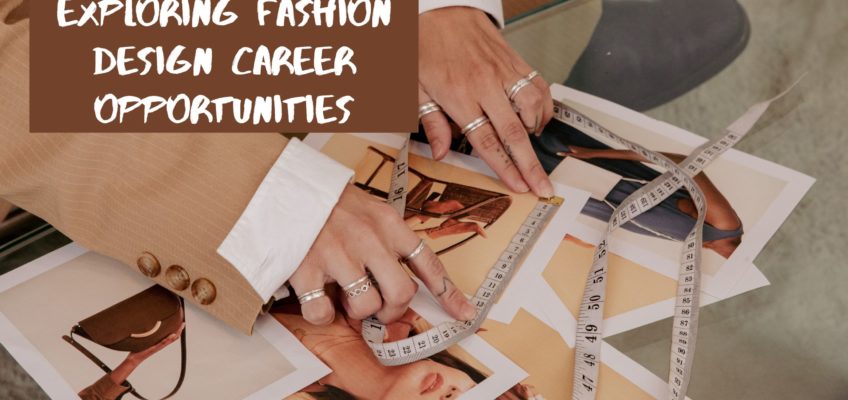
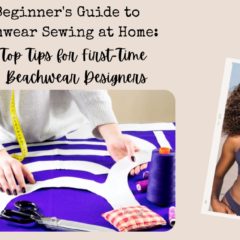
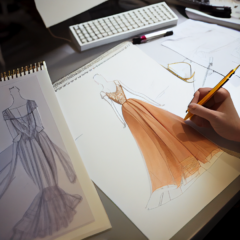
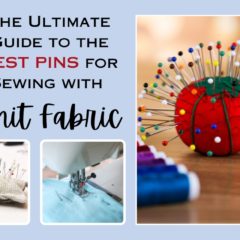

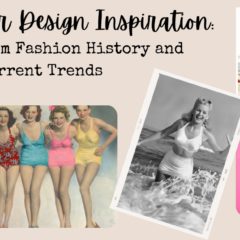
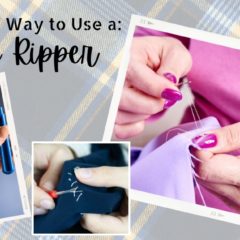
Leave a Reply